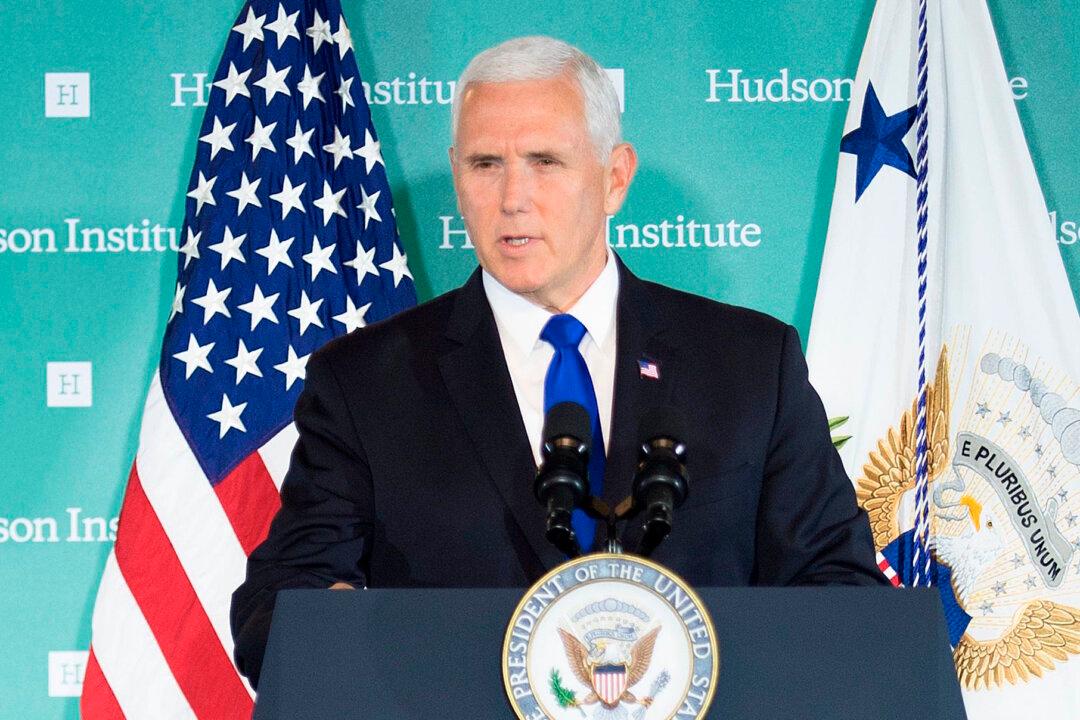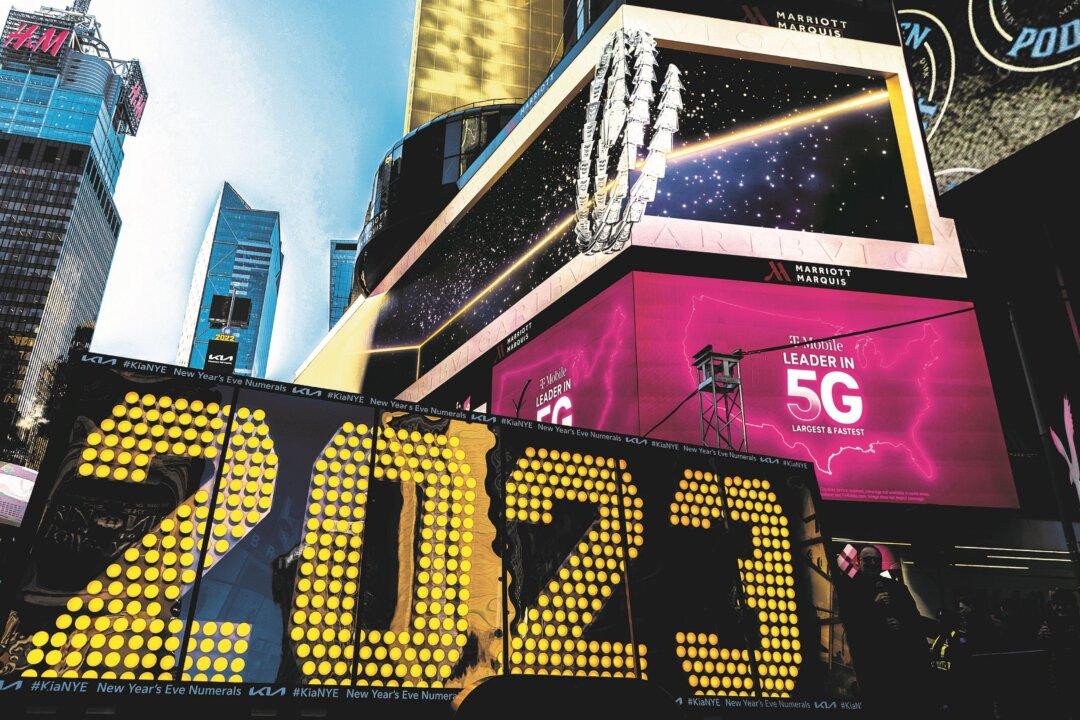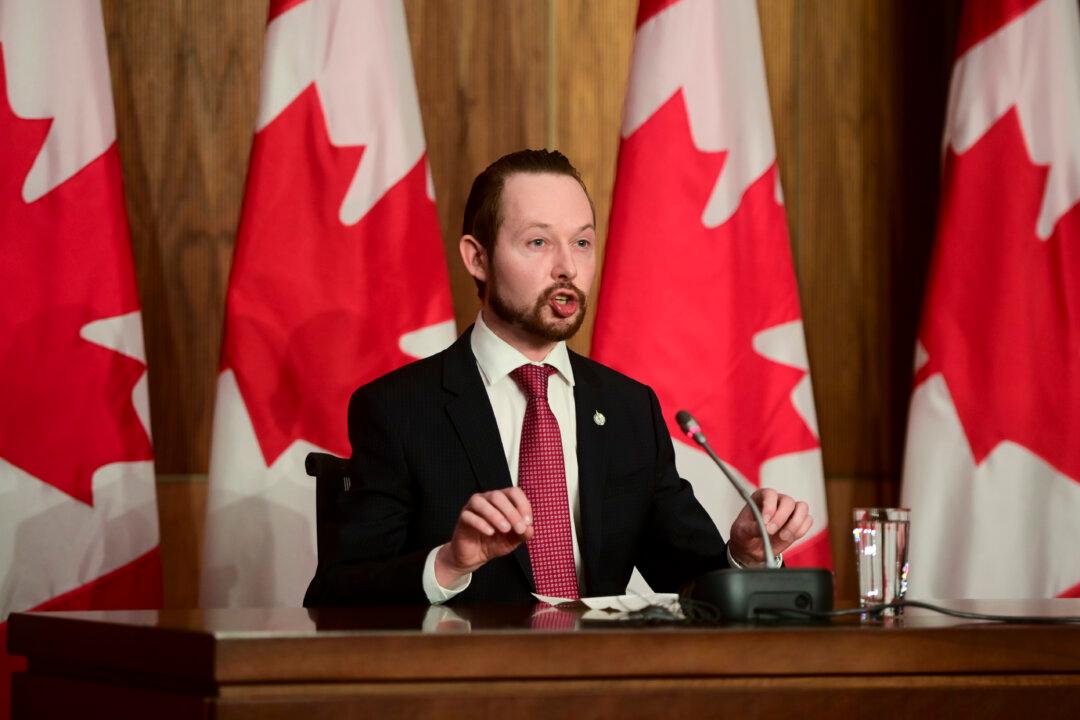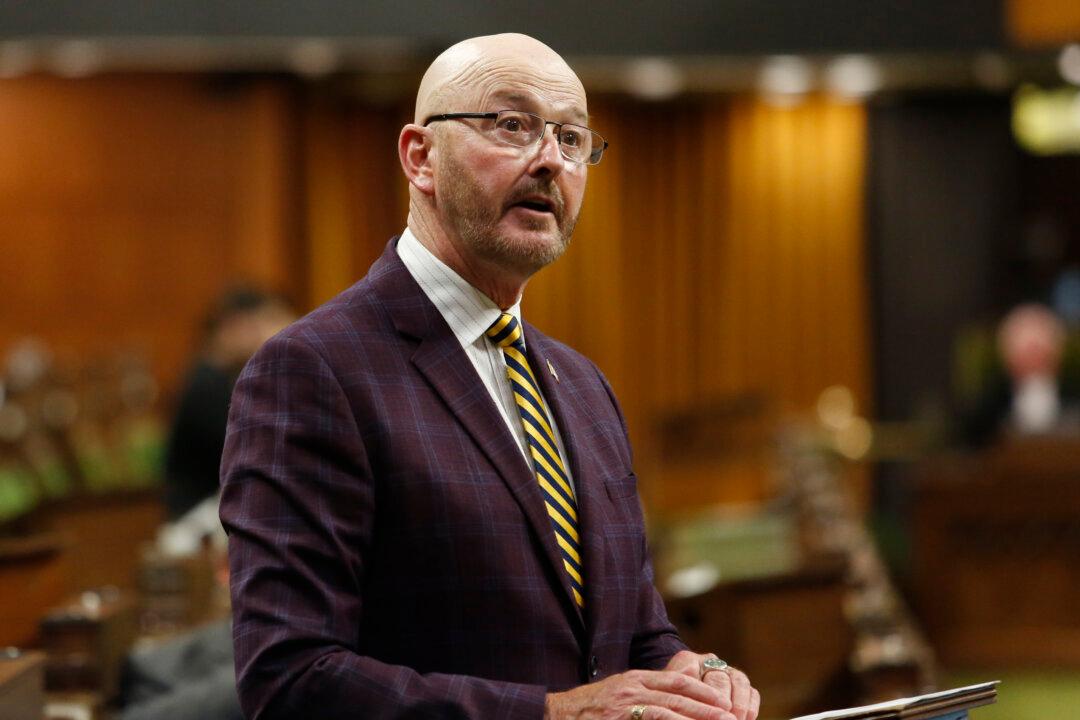Vice President Mike Pence’s unprecedented speech on China-U.S. relations last week is still causing shockwaves due to its unflinching directness in calling out China on its litany of transgressions, denouncing Beijing’s “whole-of-government” approach in undermining and sabotaging the United States.
Trump Administration Resets Policy Toward China in Landmark Speech
Vice President Mike Pence’s unprecedented speech on China-U.S. relations last week is still causing shockwaves due to its unflinching directness in calling out China on its litany of transgressions.

Vice President Mike Pence addresses the Hudson Institute on the Trump administration’s policy toward China in Washington on Oct. 4, 2018. JIM WATSON/AFP/Getty Images

Joan Delaney
Senior Editor, Canadian Edition
|Updated:



